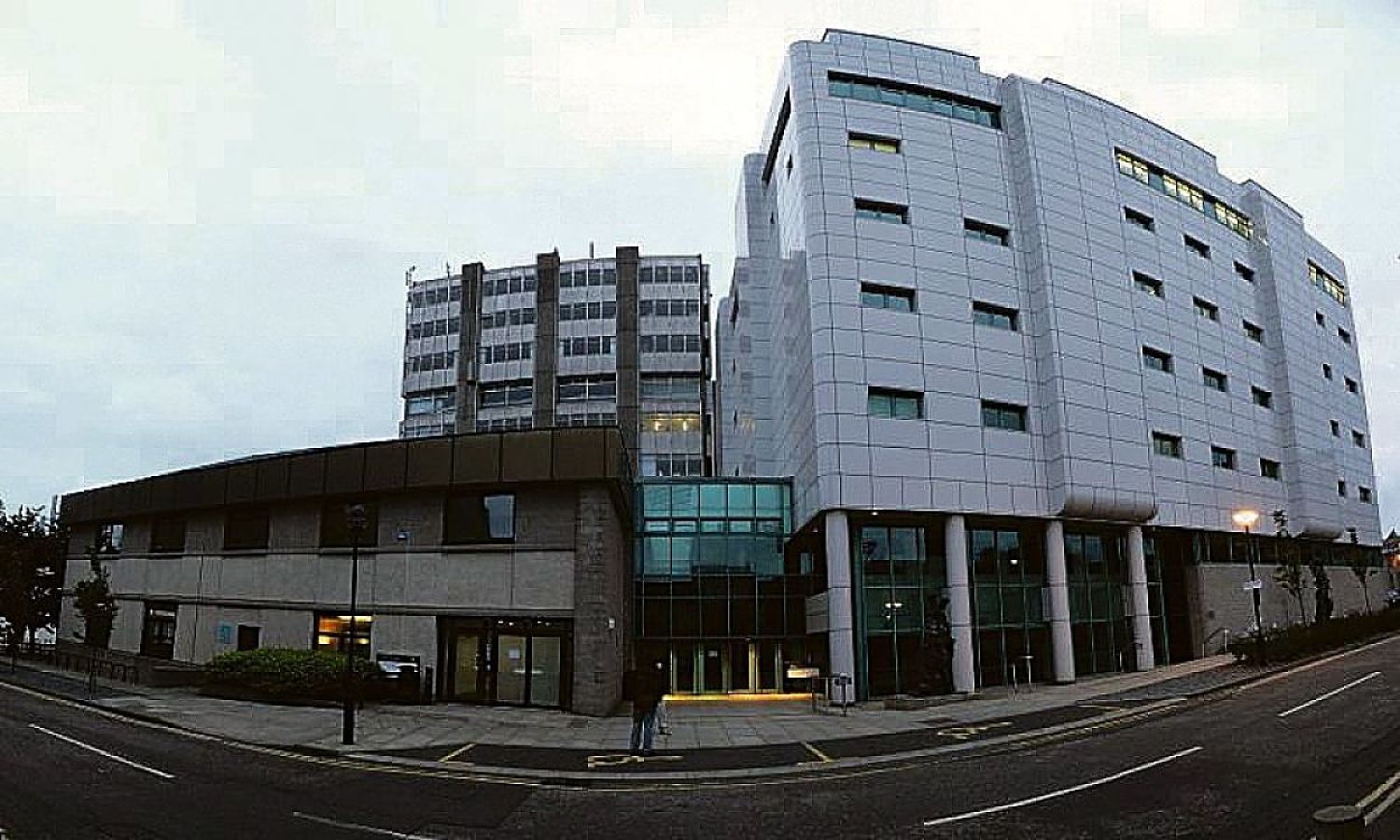Edinburgh University’s Centre for Mammalian Synthetic Biology is set to receive £11.4 million as part of a £40 million UK wide investment in synthetic biology.
Jointly funded by three research councils and the UK government, Secretary of State for Business, Innovation and Skills, Vince Cable MP, announced the investment last week.
He claimed: “From materials for advanced manufacturing to developing new antibiotics and better tests for diseases, this new £40 million investment is in one of the most promising areas of modern science.”
Synthetic biology embraces a forward design approach to biological problems, building a radio from scratch to fully understand it, rather than traditional biology which looks to take apart the radio to understand the components.
It borrows from other disciplines such as engineering and computer science in order to approach a diverse range of challenges with the mindset of a designer and a programmer.
The development of genetic circuits and smart biomaterials shows promise for application in a range of real life scenarios, including the treatment of cancer and tissue regeneration surgeries.
However there are still considerable barriers to realising the promise of synthetic biology, in getting concepts from the bench to the hospital or the workplace.
Professor Susan Rosser of the University’s School of Biological Sciences and Engineering, will use the funds to head up a new project exploring medical applications of synthetic biology.
Rosser claimed: “Applying this powerful technology for human medicine is still in its infancy but Edinburgh is well positioned to take a lead with its pioneering research in cell biology, stem cells and epigenetics.”
She will also lead a £2.4 million collaborative project with the University of Liverpool that aims to facilitate the design and creation of a range of DNA circuits, and test them out in mammalian host cells.
These circuits could introduce new metabolic pathways to host cells, or a biosensing capacity, for example conferring the ability to detect disease biomarkers.
Often, researchers will require specific sequences of DNA to use in their experiments. Due to the time-consuming nature of producing these molecules, they are usually synthesised in specialised labs called DNA Foundries.
Another £2 million will be awarded to the University of Edinburgh, the University of Cambridge and The Genome Analysis Centre for a project that aims to enhance the UK’s capacity for designing and manufacturing DNA.
Dr Patrick Cai of Edinburgh University will lead this project, which will not only look at ways to improve the software used in the design process, but also the hardware, with one of his specific research interests being the automation of DNA synthesis using robots and other devices.
Fourth year Biotechnology student Sam Ireland was hopeful about the investment: “The emerging field of synthetic biology will be one of the major technologies of the 21st century, and investing in it will keep the UK competitive on the global stage. This investment indicates that the government is recognising this.”

